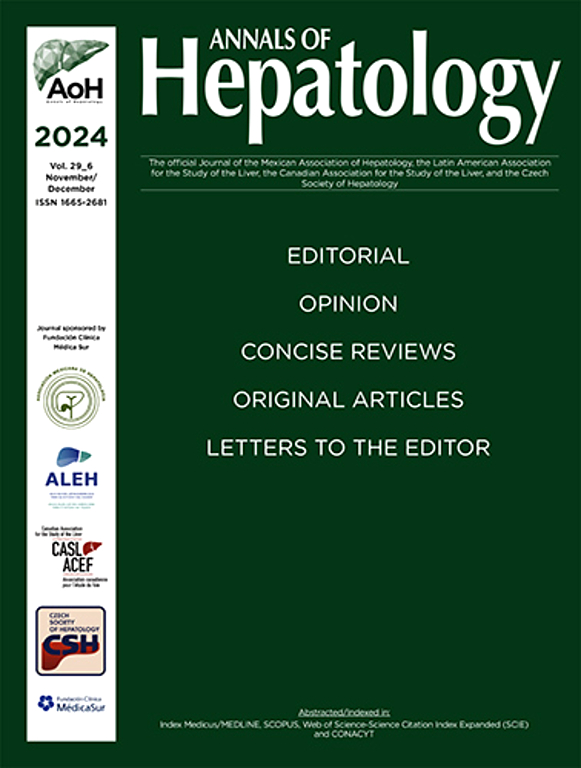MCM3 promotes hepatocellular carcinoma progression via Epithelial-mesenchymal Transition through AKT/Twist signaling pathway
IF 3.7
3区 医学
Q2 GASTROENTEROLOGY & HEPATOLOGY
引用次数: 0
Abstract
Introduction and Objectives
Hepatocellular carcinoma (HCC), a leading cause of cancer fatalities, challenges clinicians with high recurrence and metastasis rates, urging the need for novel prognostic markers and therapeutic avenues. Minichromosome maintenance complex component 3 (MCM3) has been implicated in various cancers, but its role in HCC is not well-characterized.
Materials and Methods
We investigated MCM3 expression in HCC through cell line and patient sample analyses, functional assays to determine its effect on cellular behaviors, and signal pathway exploration.
Results
Elevated MCM3 expression was identified in both HCC cell lines and patient tissues, correlating with microvascular invasion, advanced cancer stage, and reduced survival. Functionally, MCM3 fueled HCC cellular proliferation, migration, invasion, and epithelial-mesenchymal transition (EMT) in vitro and expedited tumor growth in vivo. Mechanistically, MCM3 was found to potentiate EMT by upregulating Twist via the AKT signaling pathway.
Conclusions
MCM3 emerges as an oncogenic influencer in HCC, driving disease progression through the AKT/Twist axis. Its expression patterns hold prognostic value, and targeting MCM3 may offer a novel therapeutic strategy for HCC.
求助全文
约1分钟内获得全文
求助全文
来源期刊

Annals of hepatology
医学-胃肠肝病学
CiteScore
7.90
自引率
2.60%
发文量
183
审稿时长
4-8 weeks
期刊介绍:
Annals of Hepatology publishes original research on the biology and diseases of the liver in both humans and experimental models. Contributions may be submitted as regular articles. The journal also publishes concise reviews of both basic and clinical topics.
 求助内容:
求助内容: 应助结果提醒方式:
应助结果提醒方式:


